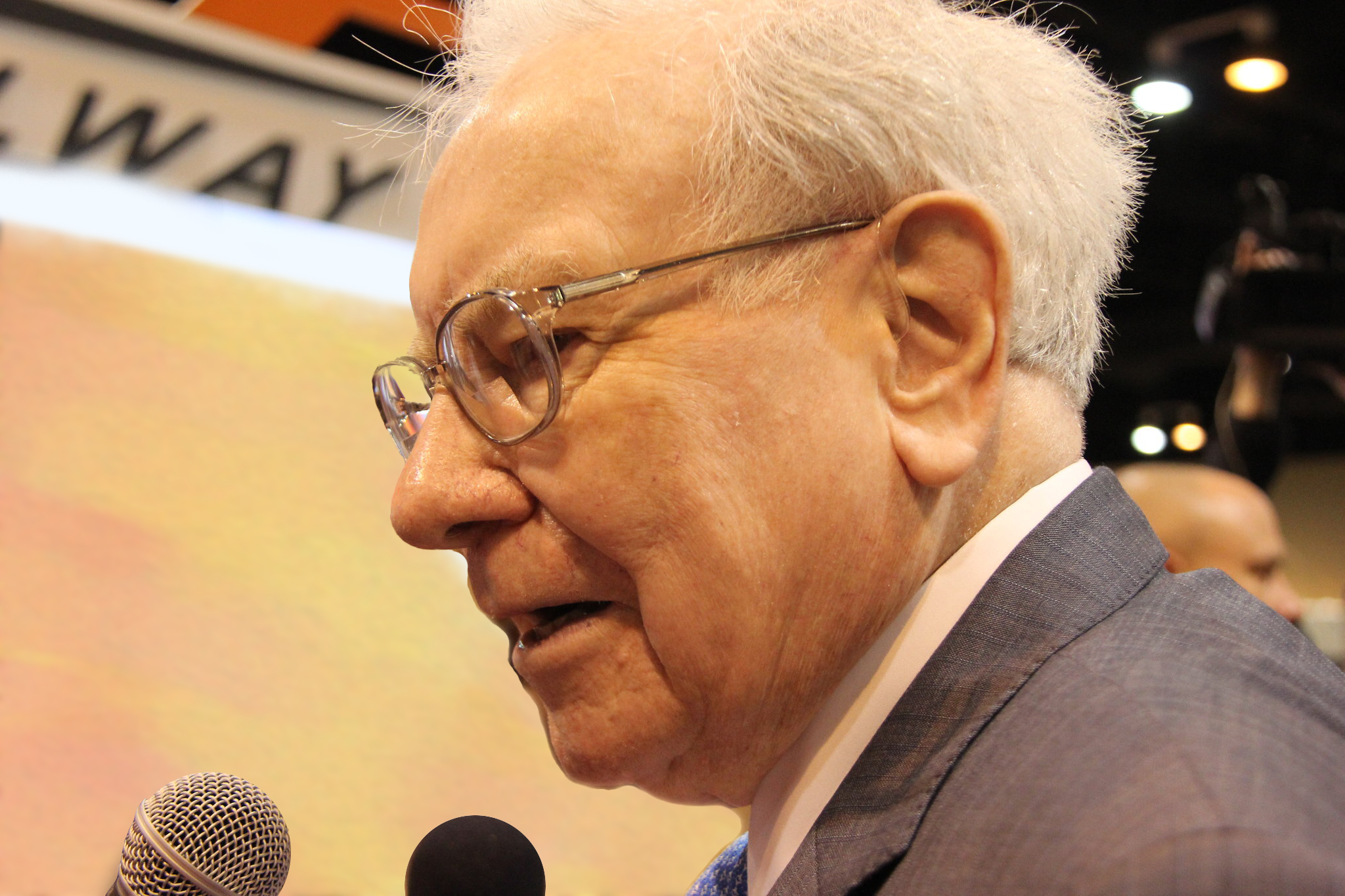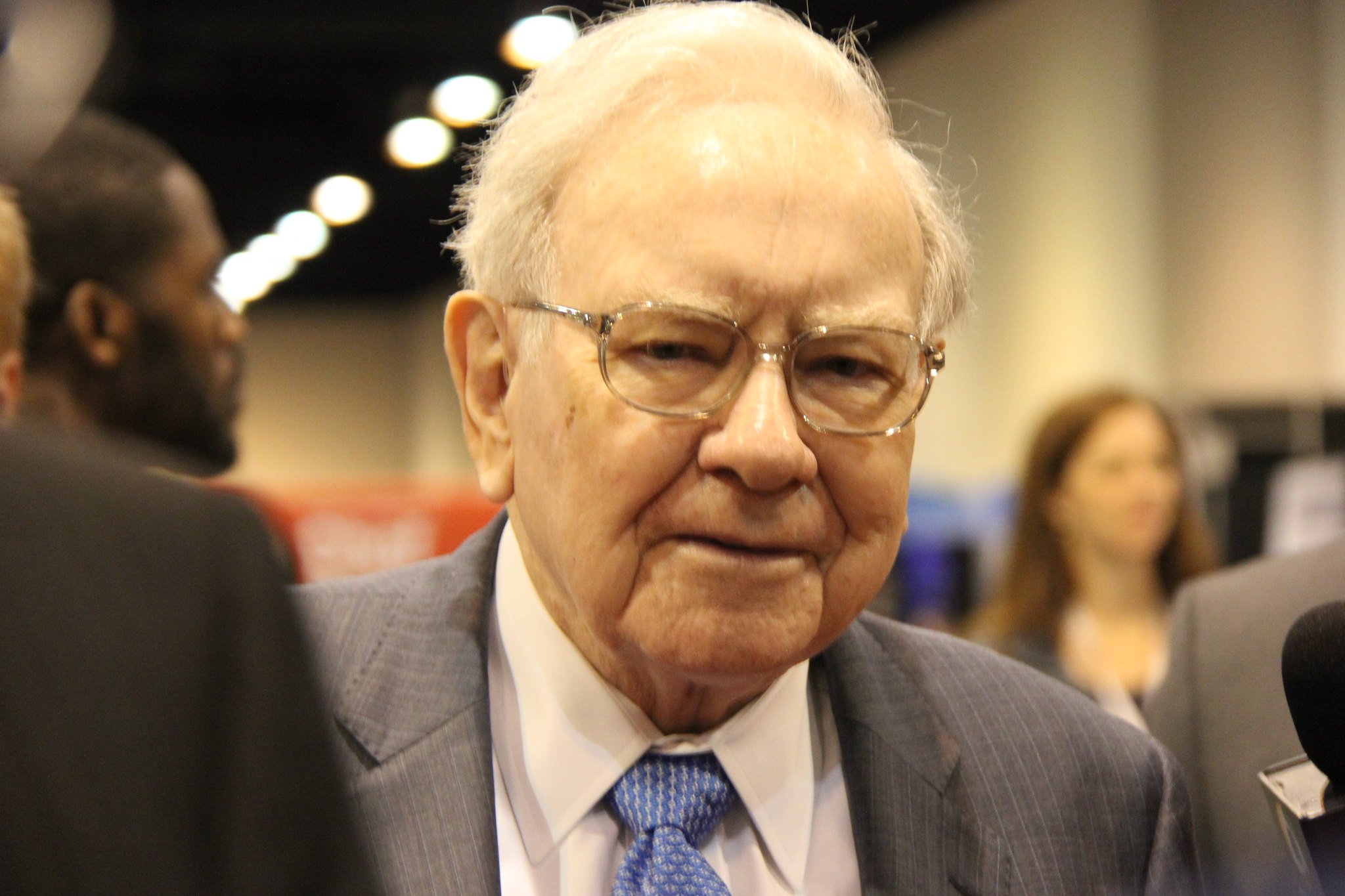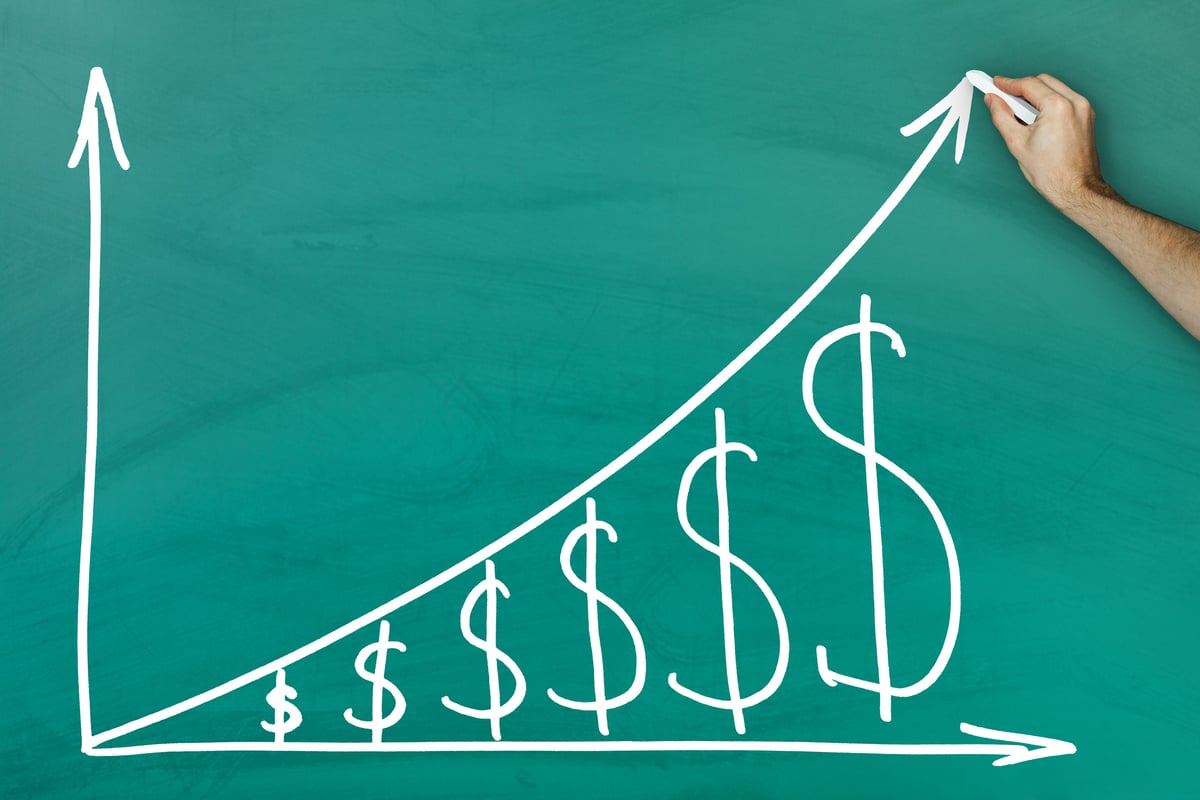It has been a few weeks since Warren Buffett shocked Berkshire Hathaway (BRK.A 0.03%)(BRK.B 0.09%) investors by announcing his intention to step down as CEO at the end of 2025 after more than 60 years at the helm of the massive conglomerate.
Berkshire's stock reacted negatively after the announcement and remains about 7% below where it was before the company's annual meeting, where the news was revealed. And it's worth noting that this is during a period when the S&P 500 gained about 2%.

Image source: Getty Images.
Obviously, the leadership of the legendary billionaire investor is a big reason many people own the stock. However, the company's succession plan has been in place for a long time, and in the foreseeable future, not much is really changing even though Warren Buffett is stepping down. So here's a summary of why I'm not planning to sell a single share of Berkshire, and why investors may want to consider adding after the post-Buffett dip.
A diverse and recession-resistant portfolio, all in one stock
Berkshire Hathaway owns more than 60 subsidiary business, according to its website, and it's important for investors to realize that all of its businesses have their own leadership teams that largely operate independently of Berkshire's central office. In other words, Buffett has virtually nothing to do with the day-to-day operations of GEICO, Dairy Queen, Duracell, or any of Berkshire's other businesses. Ajit Jain has been in charge of insurance operations, and Greg Abel, the incoming CEO, has already been in charge of non-insurance operations, so there really isn't that much changing with Buffett's departure.

NYSE: BRK.B
Key Data Points
Most of Berkshire's businesses are rather recession resistant. For example, GEICO will keep collecting auto insurance premiums and Berkshire Hathaway Energy will receive payment for its utility services, even in an economic downturn.
In addition to its businesses, Berkshire has a large portfolio of common stocks, as well as about $348 billion in cash on its balance sheet. The stock portfolio is managed by Buffett along with two portfolio managers, Todd Combs and Ted Weschler, and while Abel will have the final say on capital allocation, it's likely that the two managers will play a somewhat larger role in the stock portfolio. They've both established solid track records of stock-picking so far, and this could ultimately be a net positive for investors, as both have a somewhat more modern (that is, tech-centric) stock approach.
Finally, Berkshire's cash gives management unprecedented financial flexibility to take advantage of opportunities as they arise. However, with interest rates still relatively high and the cash stockpile earning well in excess of $10 billion in annual interest income for Berkshire, Abel and his team aren't likely to be in a big rush to put it to work. But if a recession or market crash arrives, no company will have as much financial firepower as Berkshire.
It's cheaper than you might think
At the current share price, Berkshire has a market cap of $1.085 trillion, making it the only non-technology company in the trillion-dollar club. But just because it has a 13-figure valuation doesn't necessarily mean it's an expensive stock.
Here's why. Two of the three components of Berkshire are very easy to value. It has about $348 billion in cash, and the current market value of the stock portfolio is just under $277 billion as of this writing, not including an undisclosed "secret stock" position Berkshire is accumulating. Backing these two numbers out of the valuation shows that the market is valuing Berkshire's operating businesses at $460 billion.
Over the past four quarters, the company has produced about $33 billion in operating profit, excluding investment income, which mainly comes from interest on its cash. So that means Berkshire trades for less than 14 times earnings, at least in terms of its fully owned businesses. Plus, there's a big case to be made that Berkshire could unlock significant profitability from its massive insurance business by improving its technology.
The bottom line
I've said before that if I could only own one stock, it would be Berkshire. And although I own far more than just one stock, Berkshire is one of my largest investments and I have no plans to change that. I'd even go so far as to say that it's never a bad time to buy shares of Berkshire. It holds up better than most other stocks during most downturns and has a solid history of coming out even stronger on the other side.
The bottom line is that Berkshire offers a diverse collection of rock-solid businesses all in one investment, and it has unmatched financial flexibility. With all the right pieces in place for continued success, Berkshire Hathaway could be a smart buy on any weakness.






